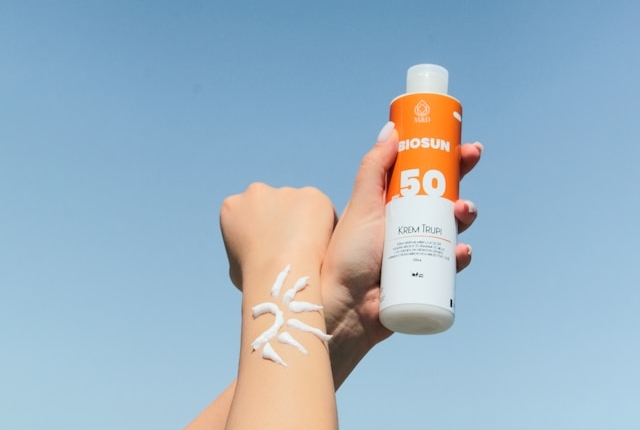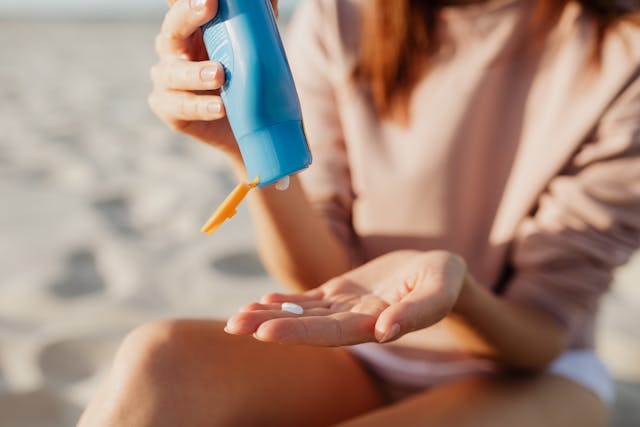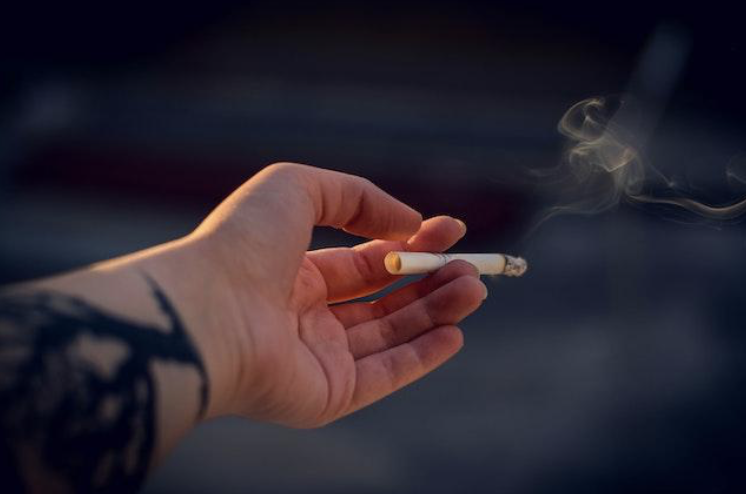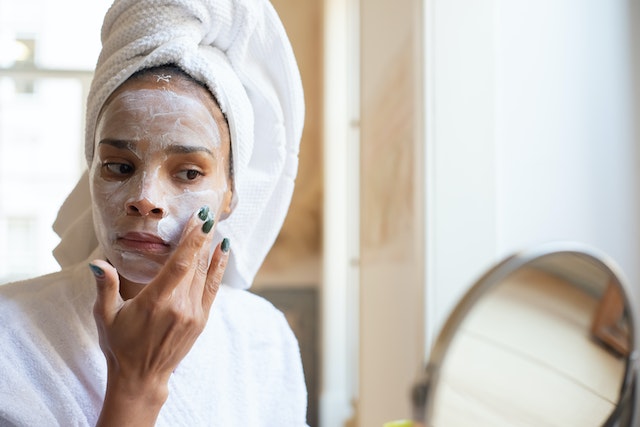Surfer’s Skin Survival Guide: Protecting Your Face from Sun, Salt, and Sand
Surfer’s Skin Survival Guide: Protecting Your Face from Sun, Salt, and Sand
Saltwater, sand, and sunlight attack your skin every time you surf. The ocean’s beauty pulls you in, but harsh elements wear down your face. Without protection, dryness, sun damage, and irritation set in. Sunscreen helps, yet it’s not enough. You must go beyond SPF to stop aging signs and keep your skin strong. Your face fights the elements every time you paddle out. Protecting your face from sun, salt, and sand should become a habit, not an afterthought. Find a way to maintain a skincare routine that works for you without giving up your time in the water.
What Does Surfing Do to Your Skin?
Every wave carries more than just a thrill. Salt pulls moisture from your skin, making it dry and tight. The sun burns exposed areas, leaving red patches that turn into wrinkles. Wind and sand create tiny cuts, leading to long-term damage. Skin issues stack up fast:
- Sunburn and premature aging from UV rays
- Dehydration and irritation from saltwater
- Micro-abrasions and sensitivity from wind and sand
Without proper care, rough patches, redness, and dark spots appear. These problems don’t fade easily. Prevention beats treatment every time.

- Surfing can damage your skin
Protecting Your Face from Sun, Salt, and Sand: Actionable steps to take
Surfing is not the same as taking a walk when it is sunny outside. Harsh sun can be damaging, but combined with salt and sand from the beach, it can make skin problems worse. In order to avoid problems, you need to:
- Choose the right sunscreen for surfers
- Use protective gear
- Prep your face for the elements
- Repair and rehydrate your skin after surfing
Adjust Gradually If You Are New To Surfing
Not many people are aware that skincare routine depends on external factors as well. For instance, if you change your living space, you might need to adjust your routine as well. Be it a week-long vacation or a home relocation, your health should still come first. Additionally, starting to surf in a new location takes patience. Let’s say you’re moving to the Bay Area, for instance. The Bay Area’s surf can vary greatly, with conditions ranging from gentle breaks suitable for beginners to challenging waves for experienced surfers. Spots like Pacifica and Ocean Beach are popular, but the latter can have particularly strong currents and chilly waters, so it’s vital that you prepare for these conditions.
Additionally, if relocating during summertime, staying cool during a warm weather Bay Area move should be your top priority. A better approach involves easing in during a less intense season. Fall and spring offer gentler sun and cooler temperatures, allowing gradual exposure without harsh damage. Secondly, the strong sun and long sessions in the water can overwhelm your skin. Jumping into peak-season waves without conditioning your skin leads to burns and irritation. Once the Bay Area summer is in full swing, proper skin care habits should be an essential part of your day.
Choose the Right Sunscreen for Surfers
Not all sunscreens hold up in the surf. Some wash off after minutes, leaving you exposed. The best formulas stay on, even in rough water. Look for these key features:
- Reef-safe ingredients that won’t harm marine life
- Waterproof formulas that last through long sessions
- Broad-spectrum SPF 50+ for maximum defense
A thin, even layer works best. Apply 20 minutes before surfing to let it bond with your skin. Reapply between sessions, even if it claims all-day protection. Choose a tinted version to see where you’ve covered.
Use Protective Gear
Sunscreen alone can’t shield everything. Stronger barriers add another layer of defense. Hats, face masks, and rash guards help block the sun without chemicals. A good surf hat keeps the sun off your face while still allowing airflow. A snug face mask prevents burns and stops salt from drying your skin. UV rash guards cover the neck and chest, which burn fast under direct sun exposure. Polarized sunglasses cut glare and shield the delicate skin around the eyes, reducing strain while keeping the area protected.
To truly defend your skin, go beyond SPF. Sunscreen fades, but physical barriers stay in place. A combination of sunblock and protective gear works best for long sessions in the water.

- Protecting your face might require you to go beyond the regular sunscreen
Prep Your Face for the Elements
Salt, sun, and sand wear down your skin fast. A strong barrier helps block damage before it starts. A good routine locks in moisture and strengthens your skin’s defenses. Start with hydration. Water keeps skin firm and elastic. Drink a full glass before hitting the waves. A lightweight, non-greasy moisturizer helps trap moisture. Choose one with hyaluronic acid for deep hydration.
Use a barrier balm. A thin layer of shea butter or zinc-based cream shields against salt irritation. Wax-based formulas help keep moisture locked in. This step stops dryness before it begins. Skip harsh cleansers. Strong soaps strip natural oils. A mild, pH-balanced face wash keeps your skin healthy without over-drying.
Repair and Rehydrate Your Skin After Surfing
Your skin fights hard in the ocean. After surfing, it needs a reset. Dirt, salt, and sun exposure leave skin dry and irritated. Quick care helps restore balance. Rinse off fast. Freshwater removes salt that pulls moisture from your skin. A cold rinse soothes redness and tightens pores.
Apply a hydrating serum. Look for aloe vera or niacinamide. These ingredients calm irritation and replenish lost moisture. A few drops spread evenly help your skin recover faster. Use a thick moisturizer. A nourishing cream repairs damage overnight. Ceramides and peptides rebuild your skin’s barrier. A thick application makes a difference.
Nutrition for Skin Resilience
What you eat shapes your skin’s health. Surfers need extra support since living in a sunny place can accelerate skin damage. UV exposure breaks down collagen faster. A strong diet slows this process. Eat antioxidant-rich foods. Berries, nuts, and leafy greens protect skin cells. Omega-3 fatty acids from fish keep skin elastic and hydrated.
Stay hydrated. Water flushes toxins and prevents dryness. Coconut water offers natural electrolytes for better hydration. Take collagen supplements. Peptides boost elasticity and repair damaged tissue. A daily dose helps fight premature aging.
Long-Term Prevention
Short-term fixes help, but long-term habits matter most. A strong routine protects your skin for years:
- Wear sunscreen daily. Even on cloudy days, UV rays cause damage. A habit of applying sunscreen prevents wrinkles and sunspots.
- Cover up when possible. Hats, masks, and rash guards extend protection. They keep skin safe without extra effort.
- Schedule skin checks. A dermatologist spots early signs of damage. Regular visits catch problems before they grow worse.

- Regular skin check-ups are also a must
Protecting Your Face And Skin is A Long Term Commitment
Salt, sun, and wind test your skin daily. A strong routine keeps your face clear and healthy. Hydration, sunscreen, and protective gear work best together. Protecting your face from sun, salt, and sand your face starts with small habits. Take action before damage sets in. A few minutes of care make a difference. Keep your skin strong so you stay in the water longer.















